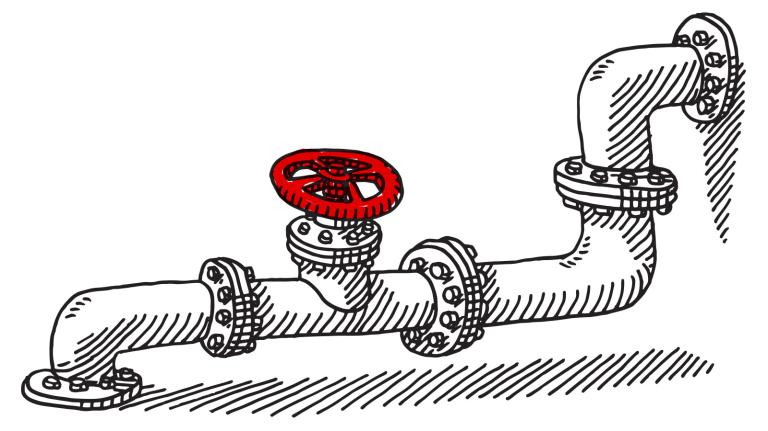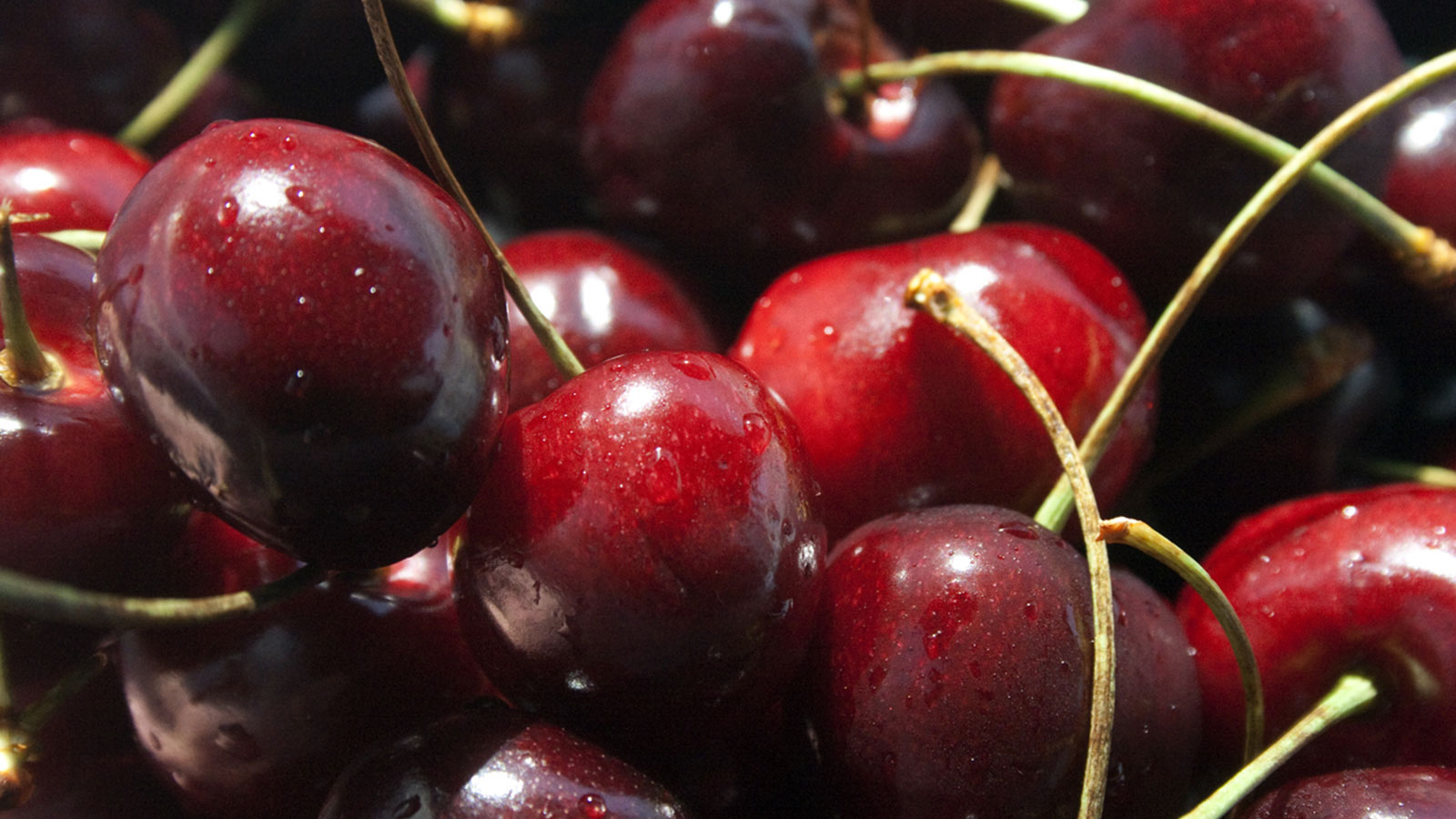Send your question to Umbra!
Q. While I go organic as much as I can, the inability to buy organic cherries is the price I pay for a low-paying job cleaning up our gorgeous environment. Since I cannot bear to live life without a few fresh summer cherries, I buy the regular ones. My mother insists that in this case, using that fruit wash stuff is the way to go. But it’s expensive! Does it REALLY do a good job of getting pesticide residues off of the surface of fruit, or does a good spray of plain old water do just as well?
Karen
North Bend, Wash.
A. Dearest Karen,
I wholeheartedly agree: No one should be confined to a life without fresh summer cherries. Or strawberries. Or blueberries. Mmm … Methinks a trip to the farmers market is in order, stat.
As you note, though, even in-season cherries can be pricey, with organics still more so (and that’s not considering the premium you’ll pay for those tasty kings-among-cherries, Rainiers). We here at Grist love organic produce: It’s free of synthetic pesticides and fertilizers, making it healthier for you and the planet. But if your budget can’t swing it – I’m going to go into some tips on that in a moment, mind you – you can still reduce your pesticide exposure from the conventional variety.
If you and your mom have a bet riding on the fruit wash question, good news, Karen: You win. Studies from the University of Maine and the Connecticut Agricultural Experiment Station found there’s essentially no difference between cleaning fruits and veggies with plain old water and dedicated produce washes – in terms of both pesticide residue and bacteria. The FDA even advises against using store-bought produce wash.
But scrubbing up well does take a bit more than a spray from the tap. You’ll want to rub fruits and veggies briskly under running water; if a presoak is in order, do it in a bowl, not the sink, to avoid bacteria around the drain. With cherries and other berries in particular, save the wash until right before you eat them to extend freshness (not that they ever last that long, at least in my house).
Now, back to the organic-vs-conventional business. The Environmental Working Group’s Shopper’s Guide to Pesticides in Produce ranks cherries 18th out of 51 tested fruits and veggies for pesticide residue – not quite bad enough to earn a place on the notorious Dirty Dozen, but not exactly squeaky-clean, either. And according to the Pesticide Action Network’s What’s on my Food? guide, cherries harbor residue from as many as 42 different pesticides, including 5 known or probable carcinogens, 20 suspected hormone disruptors, 7 neurotoxins, 8 developmental/reproductive toxins, and 14 honeybee toxins. Not so appetizing, is it? And while washing with water helps, it probably won’t remove all pesticide remnants.
Only you know your food budget, Karen — but if you’re concerned about chemicals, you may want to think strategically about buying organic. Might you be able to switch to conventional for some items with lower pesticide risk? The EWG ranks these too, as the Clean Fifteen, and they include avocado, kiwi, pineapple, mango, sweet corn, onions, and asparagus. You could then apply the savings toward organic cherries.
I’d also go hunting at the farmers market. Living as you do in cherry country (Washington, Oregon, and California grow 97 percent of U.S. sweet cherries), I wouldn’t be surprised if you could find local, pesticide-free fruits at a good price. Keep in mind that many smaller farms may grow food organically even if they can’t afford official certification.
You may also find success with a little budgetary shuffling. Is there anywhere else you can trim a few dollars during cherry season? Perhaps you’d find one or two fewer lattes, movie downloads, or meals out every week a worthy trade for your cherries of choice.
No matter what you decide, don’t skip out on one summer’s sweetest treasures. Cherries are full of vitamin C and fiber, and besides, after spending your days toiling away for the earth, you deserve it.
Prunusly,
Umbra




